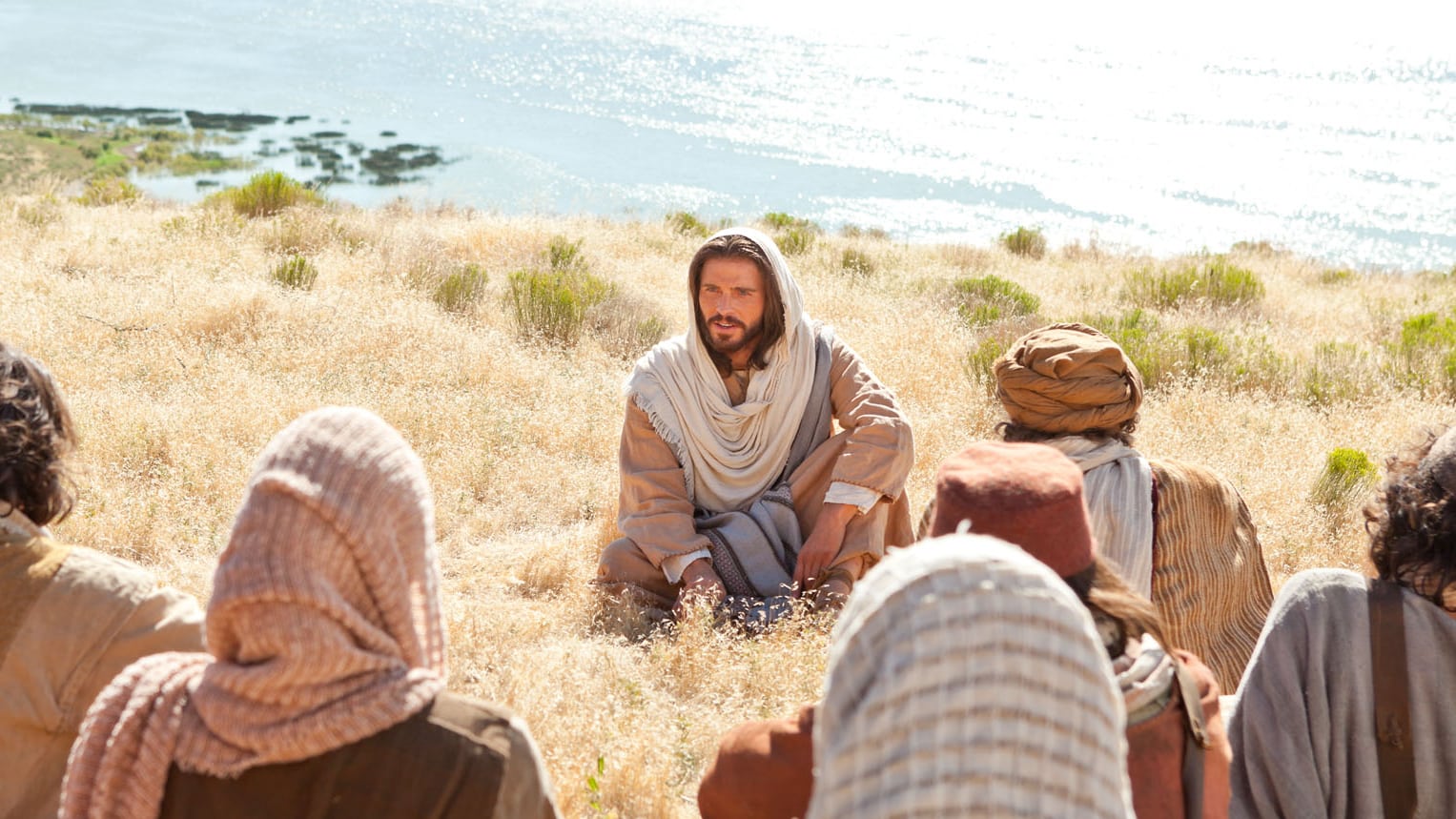How are we to live out the daily message of the beatitudes? Can we be assured that, as salt of the earth, we will not lose our flavor?
As opposed to merely an intellectual ascent, perhaps the beatitudes call us to step outside our proverbial comfort zone. In the words of Saint Teresa of Calcutta (Words to Love By, pp.79):
I never look at the masses as my responsibility. I look at the individual. I can love only one person at a time. I can feed only one person at a time. Just one, one, one…You get closer to Christ by coming closer to each other. As Jesus said, ‘Whatever you do to the least of my brethren, you do to me.’ So you begin…I begin…I picked up one person. Maybe if I didn’t pick up that one person, I wouldn’t have picked up 42,000. The whole work is only a drop in the ocean. But if I didn’t put the drop in, the ocean would be one drop less…Same thing for you. Same thing in your family. Same thing in the church where you go. Just begin…one, one, one.
In contemplating the life of Jesus, we are called to imitate him. Through the millennia, the saints have provided wonderful examples of how it is possible to live venerable, blessed, and heroic lives. One common attribute appears to be their ability to “empty” themselves of “worldly” attitudes and values that would otherwise inhibit them from reaching beatitude greatness. One excellent example may be found in the cause of Fr. Solanus Casey, O.F.M. Capuchin. In his book, Beatitude Saints, author Daniel Morris details Solanus’ journey into the beatitudes:
 Hampered by a lack of ability in foreign languages, he barely achieved high enough scores to be ordained. When permission was finally granted for his ordination, it was to be as a ‘simplex priest,’ a priest who can celebrate the Mass, but, in his case, was not granted faculties to either preach formally or administer the Sacrament of Penance. Living in an era of ample vocations to the priesthood, his lack of priestly faculties made him almost more of a burden than a help, when assigned to a parish. He could not take a shift in the confessional, nor was it considered wise to send him on a sick call that might require hearing a confession. He could not deliver a Sunday homily, nor formally instruct on religion. As a result, the only duty his first pastor assigned him was that of a sacristan, a job usually not assigned to an ordained person.
Hampered by a lack of ability in foreign languages, he barely achieved high enough scores to be ordained. When permission was finally granted for his ordination, it was to be as a ‘simplex priest,’ a priest who can celebrate the Mass, but, in his case, was not granted faculties to either preach formally or administer the Sacrament of Penance. Living in an era of ample vocations to the priesthood, his lack of priestly faculties made him almost more of a burden than a help, when assigned to a parish. He could not take a shift in the confessional, nor was it considered wise to send him on a sick call that might require hearing a confession. He could not deliver a Sunday homily, nor formally instruct on religion. As a result, the only duty his first pastor assigned him was that of a sacristan, a job usually not assigned to an ordained person.
His lack of formal faculties and a sense of uselessness were a humiliation and a cross for him, wrote biographer James Patrick Derum. The Church system had made him ‘lowly’ and yet his “lowliness’ brought forth in him a greatness and a holiness that might never have been realized in any other way. Over the years, Father Solanus turned the humblest of positions into a ministry that touched literally tens of thousands of persons. The special favors, the answered prayers, stories of unexplainable foreknowledge associated with Fr. Solanus could of themselves fill a book. It was not an erudite and conceptualized religion Fr. Solanus taught, but one steeped in flesh-and-blood daily life. He was meek, and brazen unbelievers sought him. He was lowly, and the powerful asked for him. He was gentle, and the hard of heart listened to him. He helped all of them listen to God, to let God’s Spirit work in their lives. (pp. 20-21)
Through the years, the Church has been blessed by those willing to live out the beatitude lifestyle. There have been gentle and courageous comforters like Fr. Solanus, St. Elizabeth of Hungary, Mother Teresa, and Dr. Tom Dooley. There have been those like Dorothy Day who lived the righteous lifestyle. And there have passionate searchers and peacemakers like Thomas Merton.
In all ages, God has called His people to a deeper and more personal relationship with Him. To recall our original question regarding how we might live out the message of the beatitudes, perhaps we might walk the path trod by St. Therese of Lisieux:
The path of spiritual childhood is a road of trust and surrender. I wish to teach the souls about the small ways that have worked for me. I want to tell them there is just one thing to do here below on earth: to shower Jesus with the flowers of their small sacrifices, to win Him over with small tokens of affection. (Tonnelier, C., Living the Little Way with Saint Therese of Lisieux, pp. 28-29)








